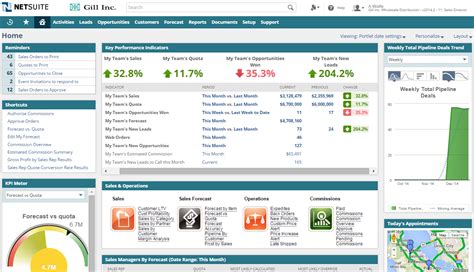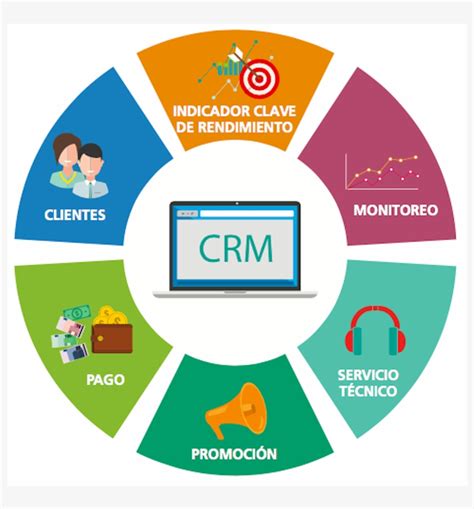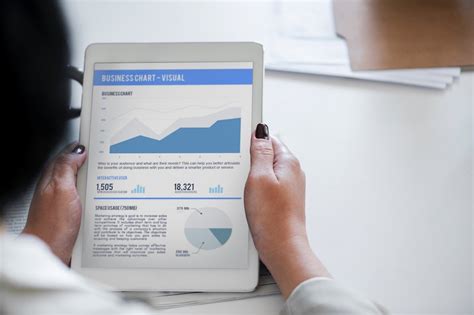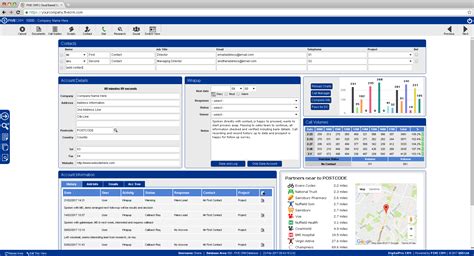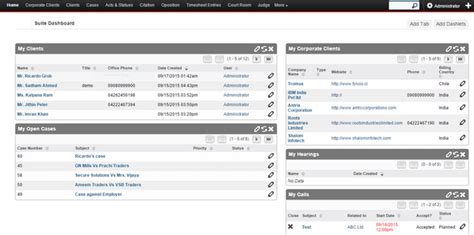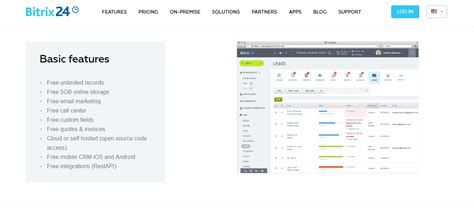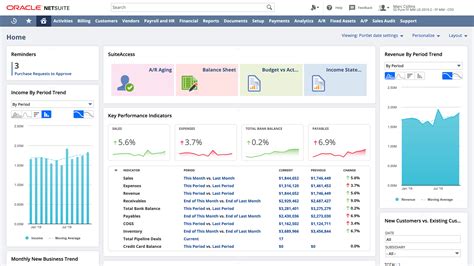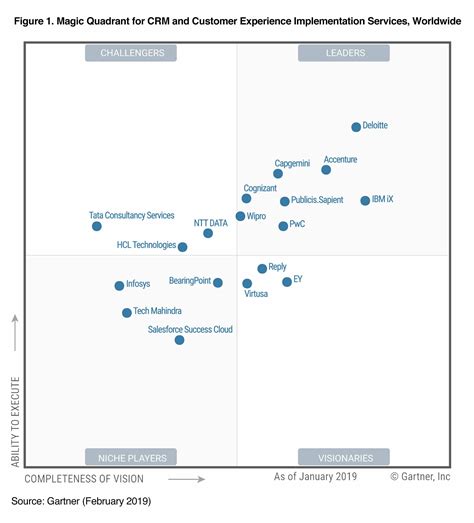Introduction
Are you looking for a powerful CRM solution that can help you manage your growing business? Look no further than Netsuite CRM. As one of the leading CRM providers in the market, Netsuite CRM offers a comprehensive suite of tools that can help you streamline your operations, boost your sales, and enhance your customer experience.
What is Netsuite CRM?
Netsuite CRM is a cloud-based customer relationship management software that helps businesses of all sizes manage their sales, marketing, and customer service operations. With Netsuite CRM, you can automate your sales processes, track customer interactions, and gain valuable insights into your business performance.
Features of Netsuite CRM
Netsuite CRM offers a wide range of features to help you manage your business operations effectively. Some of the key features include:
Sales Management
Netsuite CRM provides a complete suite of tools for managing your sales operations. You can automate your sales processes, track leads, manage opportunities, and even forecast your sales performance. With Netsuite CRM, you can streamline your sales operations and close deals faster.
Marketing Automation
Netsuite CRM also offers powerful marketing automation tools to help you reach your target audience. You can create and execute marketing campaigns, track your marketing performance, and even personalize your marketing messages to your customers.
Customer Service
Netsuite CRM provides a comprehensive suite of tools for managing your customer service operations. You can track customer interactions, manage support cases, and even automate your customer service processes. With Netsuite CRM, you can ensure that your customers are satisfied with your service and support.
Benefits of Netsuite CRM
Netsuite CRM offers a wide range of benefits to businesses of all sizes. Some of the key benefits include:
Increased Productivity
With Netsuite CRM, you can automate your business processes and streamline your operations, which can help increase your productivity and efficiency.
Better Customer Experience
Netsuite CRM can help you deliver a better customer experience by providing you with valuable insights into your customer interactions. You can personalize your marketing messages, track customer interactions, and even offer personalized support to your customers.
Improved Sales Performance
Netsuite CRM can help you improve your sales performance by providing you with powerful sales management tools. You can automate your sales processes, track your sales performance, and even forecast your sales results.
Conclusion
Netsuite CRM is a powerful CRM solution that can help you manage your business operations effectively. With its comprehensive suite of tools and features, Netsuite CRM can help you streamline your operations, boost your sales, and enhance your customer experience. So why wait? Sign up for Netsuite CRM today and take your business to the next level.

